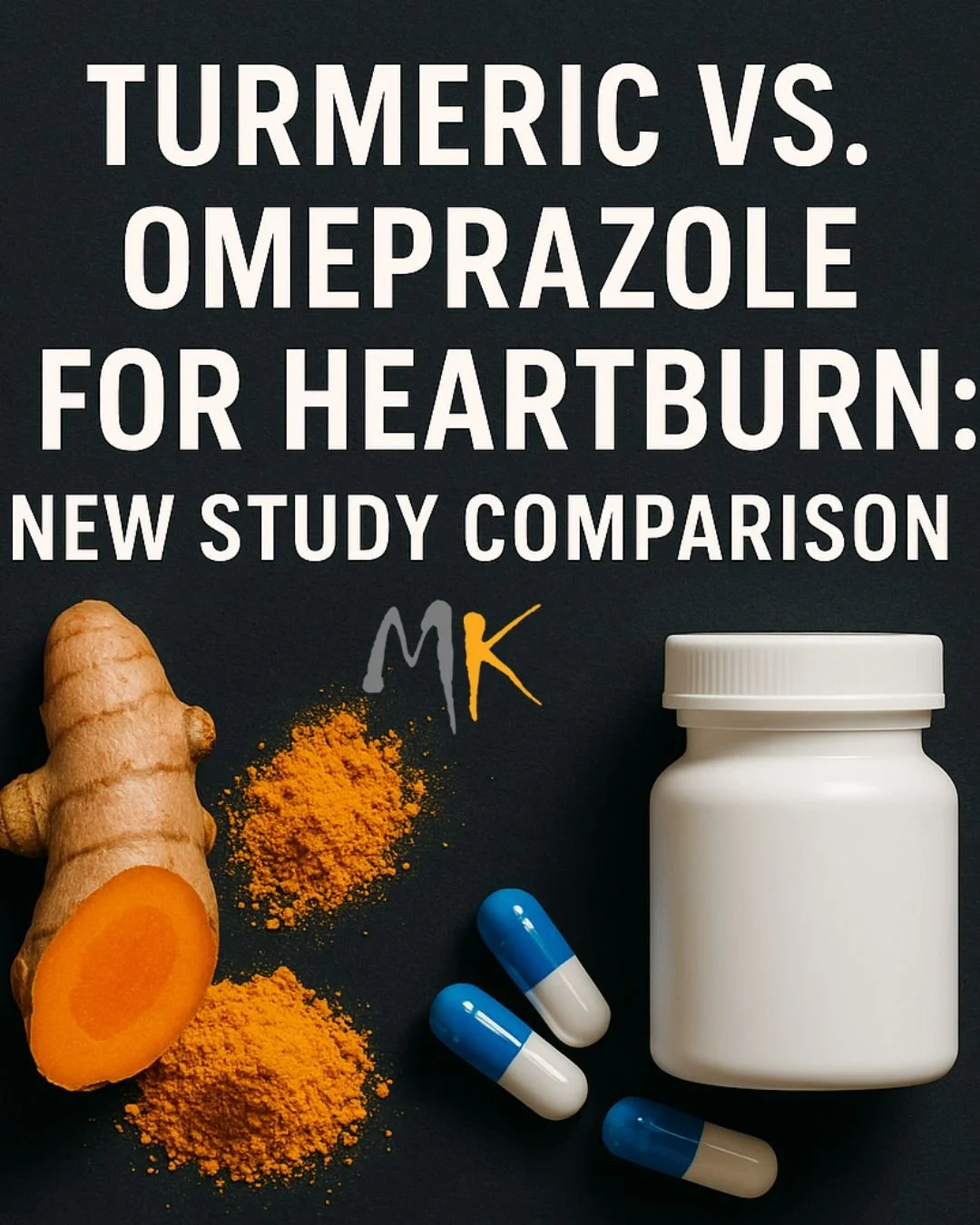The Real Reason You Might Still Be Struggling with Heartburn
The pill you take to stop the burn might be the same one quietly draining your minerals, your energy, and your resilience.
Most people who walk into my clinic with heartburn have been taking an acid blocker like omeprazole for months sometimes years. It’s marketed as a simple fix, but the truth is:
Heartburn meds don’t fix digestion.
They only hit mute on the symptoms… while the underlying issues keep brewing under the surface.
The result?
You stop the burn — but now you’re low in iron, low in B12, dealing with fatigue, brain fog, and mystery gut issues no one seems to explain.
What if the solution you’ve been using is actually part of the problem?
But here’s the good news: there is a better path — one that doesn’t rely on suppressing stomach acid, but actually supports your body’s natural digestive function.
In my practice I work to:
Uncover the food and lifestyle triggers
Work to repair gut health (instead of shutting it down)
Use smart, natural supports like turmeric, digestive enzymes, and targeted nutrients
And most importantly, we create a long-term plan that helps you feel better. For good
You were never missing omeprazole. You were missing a root-cause approach that puts your digestion back in your hands.
And now, new research is helping us take that next step forward.
New Study Compares Turmeric vs. Omeprazole — And the Results Are Impressive
In September 2023, researchers from Thailand published a randomized, double-blind study in BMJ Evidence-Based Medicine comparing turmeric (curcumin) with omeprazole for people dealing with functional dyspepsia — a condition often diagnosed in people with chronic upper GI symptoms like heartburn, bloating, and nausea.
Study Details:
206 adults were divided into 3 groups:
Curcumin only: 2 capsules of 250mg, four times daily
Omeprazole only: 20mg once daily
Combination: Both treatments at the same dosages
Duration: 28 days with follow-up at 56 days
Key Results:
All three groups showed significant improvement in indigestion symptoms
Curcumin worked just as well as omeprazole
The combination group didn’t see any added benefit
No serious side effects were reported
This is a big deal. It means there’s a natural, safe alternative that supports your digestion without the long-term risks of acid blockers.
Why This Matters for You
Turmeric (especially curcumin in concentrated form) offers:
Anti-inflammatory benefits
Gut-soothing properties
No risk of mineral depletion
A safer profile for long-term use
Meanwhile, long-term omeprazole use has been linked to:
❌ Iron deficiency
These are real issues I see in practice every single week.
What to Do Next (Instead of Just Taking Another Pill)
If you’re tired of relying on short-term relief, here’s the next step:
Book a consultation — Let’s uncover your root triggers and build a plan.
Clean up the diet — Gluten, caffeine, sugar, fried food, and alcohol are common culprits.
Support the gut — Use tools like turmeric, Digestzymes, and L-glutamine.
Rebuild and protect — With the right nutrients, timing, and support.
Click here to book a consultation
Here’s the turmeric I use in my clinic
Final Thoughts
Turmeric is more than just a trendy spice. With clinical research now showing it can match the performance of omeprazole without the nutrient loss or long-term risks, it’s time to rethink how we treat heartburn.
If you’re looking for real relief and long-term results, it’s not about blocking acid — it’s about working with your body to restore balance.
A quick note before we wrap up:
Proton pump inhibitors (PPIs) like omeprazole absolutely have their place. They’ve helped countless people manage painful digestive conditions and are often critical in short-term or acute situations. This blog is not intended to suggest that you stop taking any medication prescribed by your doctor. Always consult with your healthcare provider before making changes to your treatment plan. Use this information to explore options, ask questions, and make informed decisions about your health.
Let’s start there.
Sources
Hypomagnesemia Induced by Proton Pump Inhibitors – NIH Article
Proton Pump Inhibitors and Risk of Vitamin B12 Deficiency – PubMed
Calcium Absorption and Bone Health in Long-Term PPI Use – PMC Review
PPIs and Iron Deficiency Overview – The Blood Project https://thebloodproject.com/proton-pump-inhibitors-and-iron-deficiency/

